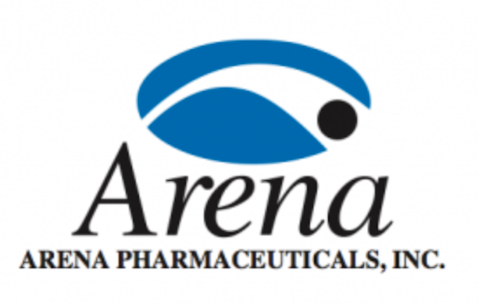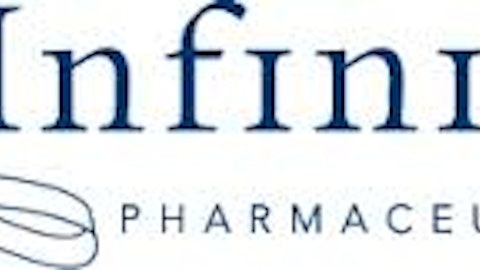Obesity has become a central issue in the global health care agenda; both governments and their citizens are becoming increasingly more conscious about this problem, which is having strong negative consequences in terms of personal well-being and public health care costs. Recognizing the problem is the first step toward improvement, but we still have a long way to go in order to find permanent solutions to the global obesity epidemic.
The war against obesity is here to stay, and it will provide different opportunities for companies and their shareholders to profit from this trend over years to come.
The obesity pandemic
According to the latest annual report from the Robert Wood Johnson Foundation and the Trust for America’s Health, adult obesity rates have remained level in almost every state in the U.S. over the last years. But overweight and obesity rates are still too high: More than two-thirds of American adults are either overweight or obese, 13 states have adult obesity rates above 30%, 41 states have rates above 25%, and every state is above 20%.
Obesity is not only associated with developed countries anymore. According to a recent report by the United Nations Food and Agricultural Organization, Mexico has surpassed the US as the most obese nation in the world with a 32.8% obesity rate among Mexican adults, compared to 31.8% among adults in the United States.
More sedentary urban jobs, coupled with a higher concentration of commercially available low-quality food and poor nutritional education are expanding the obesity epidemic in emerging countries.
Diabetes, asthma, orthopedic problems, and some types of cancer are directly related to obesity, so this has huge implications on a personal level and also when it comes to public health care costs. The world is at war against obesity, and plenty of resources will be invested in that battle over the next years.
The obesity pills
Two biotech companies are fighting for the leading position when it comes to commercializing drugs to combat obesity: Arena Pharmaceuticals, Inc. (NASDAQ:ARNA) with Belviq and VIVUS, Inc. (NASDAQ:VVUS) with Qsymia — both drugs are already competing against each other in the market — and investors have some strong reasons to closely monitor the evolution of sales.
Arena Pharmaceuticals, Inc. (NASDAQ:ARNA) and VIVUS, Inc. (NASDAQ:VVUS) are relatively small companies with market capitalizations in the area of $1.54 billion and $1.23 billion, respectively. Considering the size of the opportunity, if any of them manages to achieve considerable success, investors could be rewarded with explosive returns in the middle term.
On the other hand, these companies expose investors to significant risks — developing and marketing new drugs is always an expensive and uncertain activity — and Arena Pharmaceuticals, Inc. (NASDAQ:ARNA) nor VIVUS, Inc. (NASDAQ:VVUS) has proven the commercial success of their respective drugs. Sales of Belviq and Qsymia have been lackluster so far, and it’s far too early to make any definitive assessments, so both obesity drugs are facing significant challenges.
When it comes to treating obesity, diet and exercise is still the preferred recommendation by doctors around the world, and any drug would need to prove strong efficacy and low side effect risks if it’s going to change that. Both Arena Pharmaceuticals, Inc. (NASDAQ:ARNA) and VIVUS, Inc. (NASDAQ:VVUS) are trying to improve insurance coverage for their drugs, and that’s an important factor to watch as it could have important implications on the positive or negative side depending on the extent of coverage they manage to obtain.
Healthy living
Fortunately, not every bet on the war against obesity is necessarily a high-risk investment. Companies like Whole Foods. (NASDAQ:WFM) and Nike Inc (NYSE:NKE) provide the chance to benefit from the trend toward healthier living habits while at the same time positioning your portfolio in high-quality businesses with rock-solid fundamentals.




